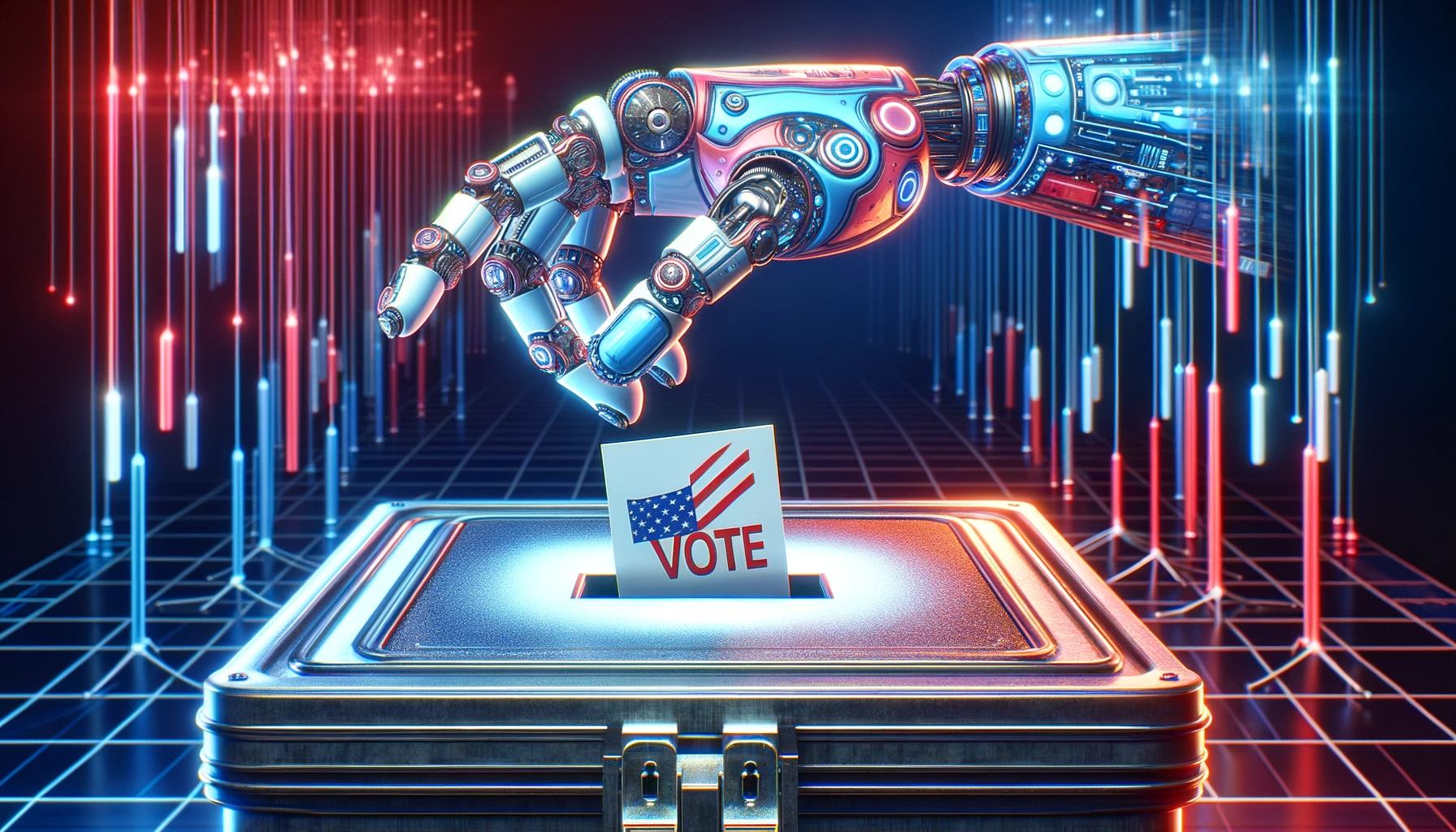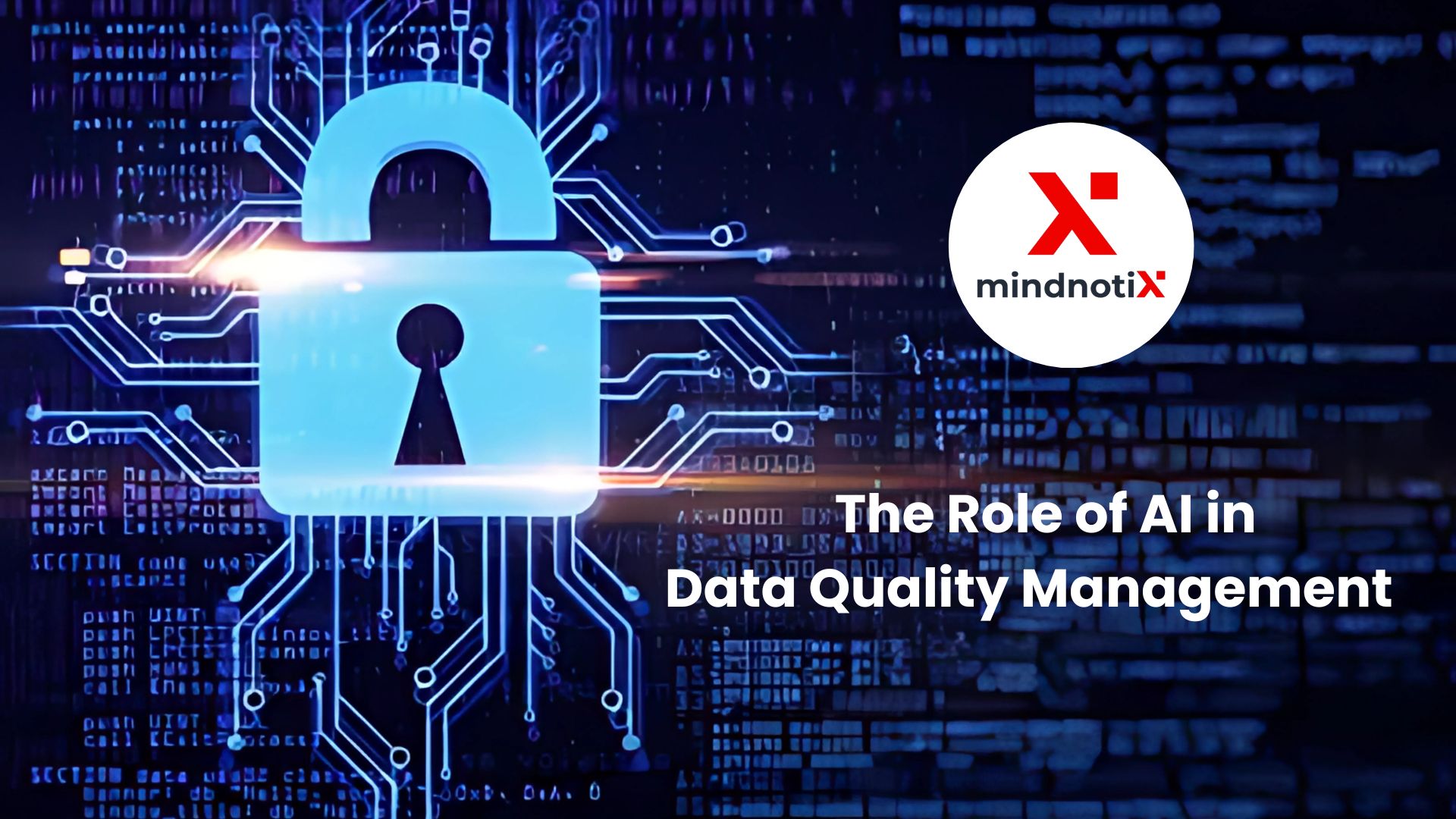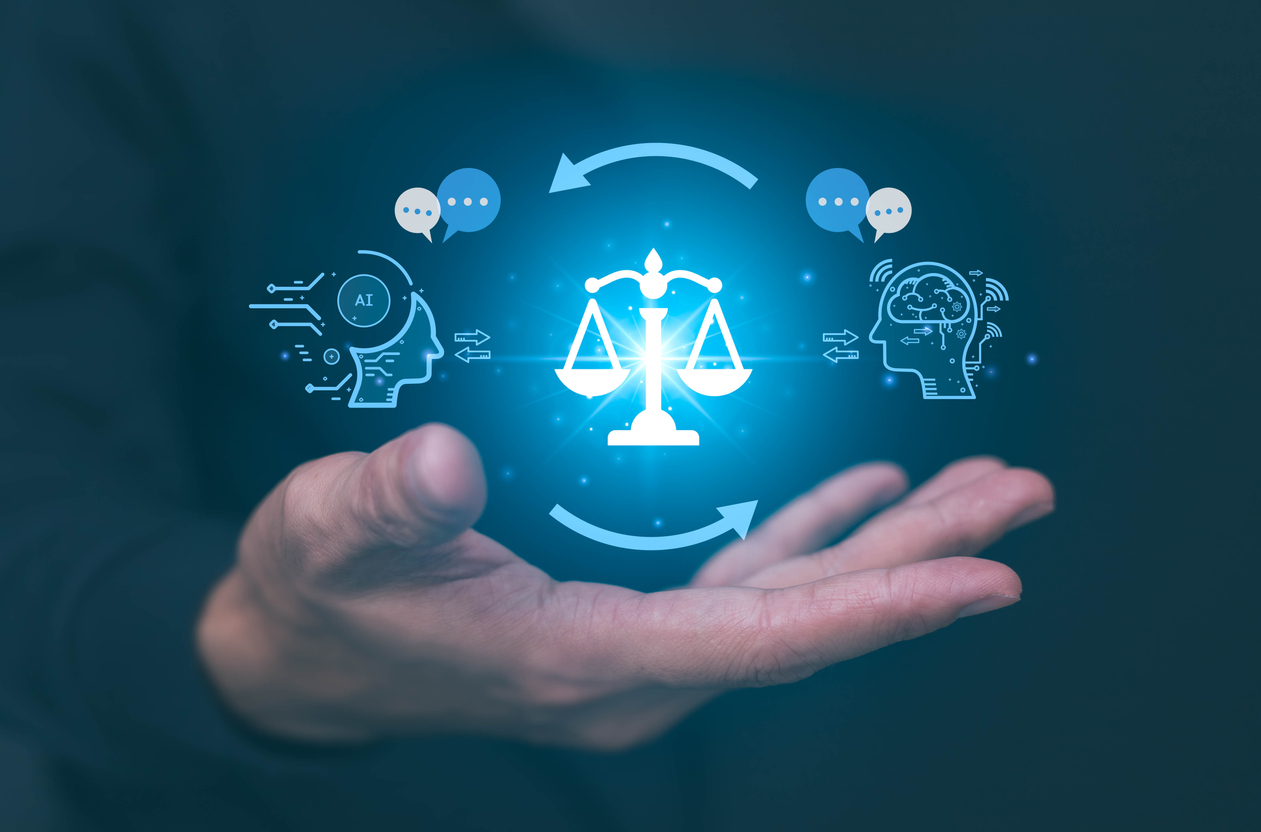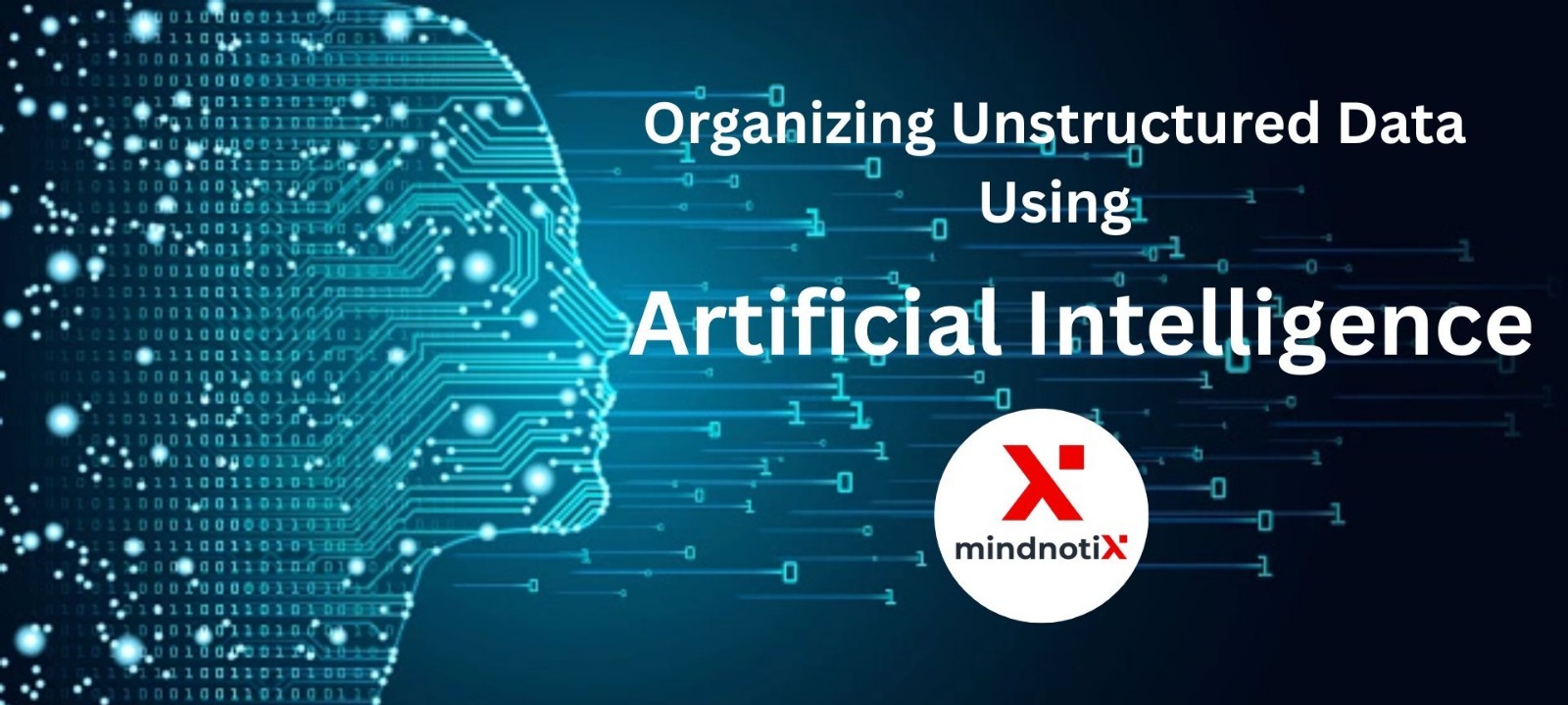As the world gears up for a landmark year of elections, a new player enters the arena: Artificial Intelligence. With powerful tools like ChatGPT and DALL-E 3, OpenAI's technology holds immense potential, but also carries risks for the democratic process. Recognizing this responsibility, OpenAI has outlined a three-pronged approach to ensure its technology facilitates, rather than undermines, fair and informed elections in 2024.
1. Preventing Abuse: Safeguarding the Ballot Box from AI-powered Lies:
The 2024 election season promises to be a battleground for more than just political ideologies; it will also be a test of our defenses against AI-powered disinformation.
While AI holds immense potential in areas like voter education and streamlining registration, its misuse can threaten the very foundations of democracy by weaponizing misinformation and manipulating public opinion. To safeguard the ballot box from AI-powered lies, we need a multi-pronged approach
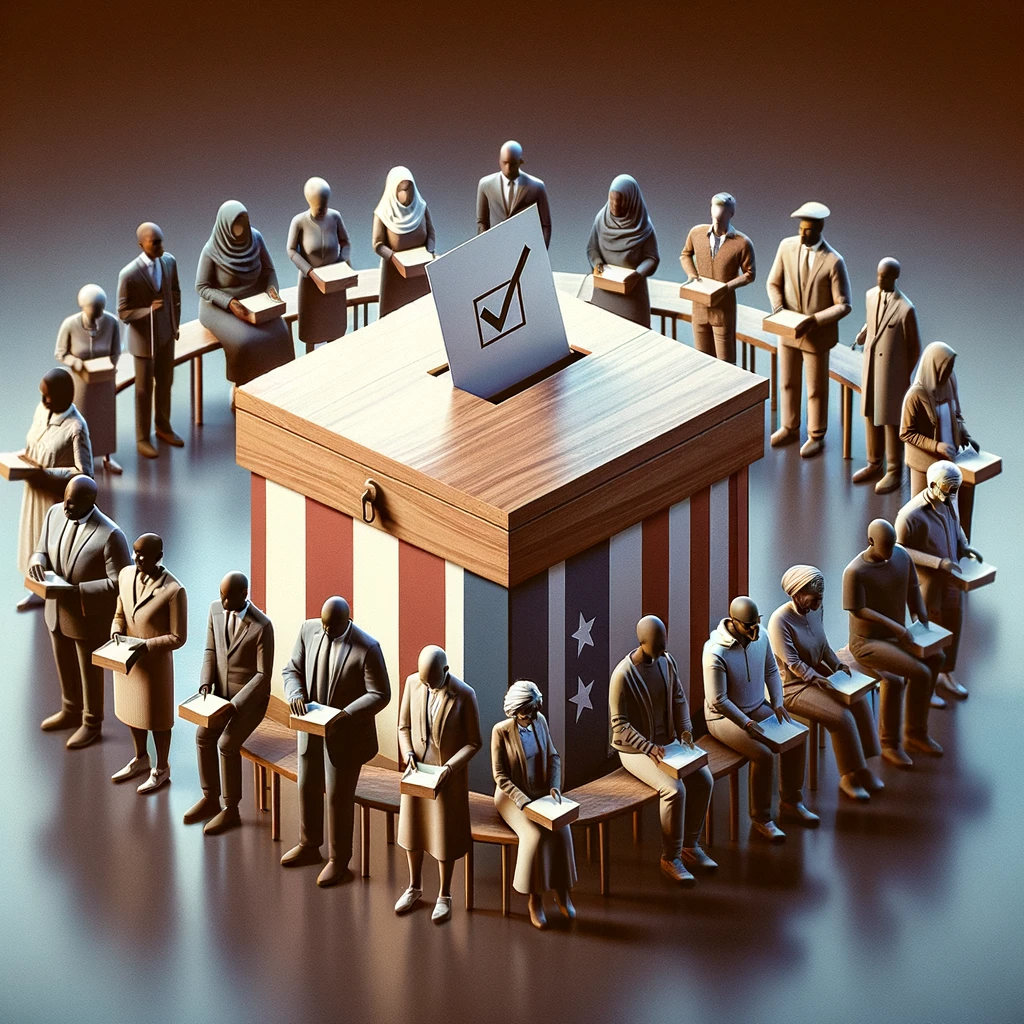
1. Detection and Disruption:
- Fact-Checking at Scale: Develop AI-powered tools to identify and flag deepfakes, synthetic media, and AI-generated text containing factual errors or biased narratives. Collaborate with fact-checking organizations to verify information in real-time and amplify fact-based content.
- Source Verification and Traceability: Implement digital provenance systems to track the origin and history of online content, making it easier to identify manipulated media and hold creators accountable.
- Social Media Platform Partnerships: Work with social media platforms to develop content moderation algorithms that effectively flag and remove AI-generated disinformation, while upholding freedom of expression.
2. Transparency and Education
- Algorithm Explainability: Encourage the development of explainable AI tools, allowing users to understand how AI algorithms arrive at certain conclusions and identify potential biases.
- Media Literacy Initiatives: Implement nationwide media literacy programs to equip citizens with the skills to critically evaluate information, identify propaganda tactics, and verify the authenticity of online content.
- Transparency Reporting Standards: Require political campaigns and media outlets to disclose the use of AI-powered tools in their communication strategies, fostering transparency and public trust.

3. Legal and Regulatory Frameworks
- Deepfake Regulation: Consider legislation against the malicious creation and dissemination of deepfakes and other manipulated media, especially during election periods.
- Data Privacy and Protection: Strengthen data privacy laws and enforce regulations to prevent the unauthorized collection and use of personal data for political targeting or manipulation.
- Algorithmic Bias Mitigation: Develop anti-discrimination frameworks to ensure that AI algorithms used in electoral processes are unbiased and do not unfairly disadvantage any particular group.
4. International Collaboration
- Global Network of Fact-Checkers: Foster international collaboration among fact-checking organizations to share information, verify cross-border claims, and combat disinformation campaigns that target multiple countries.
- Tech Sector Cooperation: Encourage global tech companies to implement common standards and best practices for content moderation and AI transparency, creating a united front against disinformation.
- Knowledge Sharing and Capacity Building: Share best practices and learnings with developing nations to help them build their own defenses against AI-powered manipulation and strengthen their democratic processes.
Safeguarding the ballot box from AI-powered lies requires a proactive, multi-faceted approach. By combining technological solutions, educational initiatives, robust legal frameworks, and international collaboration, we can navigate the challenges of the AI age and ensure that our elections continue to be decided by informed citizens, not manipulated algorithms.
- Combating Misinformation: OpenAI is actively developing techniques to detect and flag AI-generated text that contains factual errors or promotes disinformation. Their research on factual language models and bias reduction aims to make AI a reliable source of information, particularly during politically charged periods.
- Fighting Deepfakes and Impersonation: OpenAI is working on tools to verify the authenticity of online content, including deepfake videos and social media accounts impersonating real people. Their collaboration with the Coalition for Content Provenance and Authenticity ensures transparency in image creation, allowing users to identify AI-generated content.
- Restricting Malicious Applications: OpenAI's updated Usage Policies explicitly prohibit the use of their technology for political campaigning, lobbying, or activities that could discourage voting or suppress dissent. This proactive approach prevents misuse at the source.
2. Providing Transparency_ Shining a Light on the Algorithms Behind the Ballot
- Digital Credentials for AI Content: OpenAI is implementing cryptographic watermarks in images generated by DALL-E 3, allowing users to trace the image's origin and verify its authenticity. This empowers voters to make informed decisions based on transparent information.
- AI Explainability: OpenAI is actively researching ways to make its algorithms more transparent and understandable. This allows users to see the reasoning behind AI-generated content, fostering trust and reducing concerns about algorithmic bias.
- Collaboration and Education: OpenAI is partnering with election officials and civic organizations to educate the public about AI's role in elections and equip them with the critical thinking skills necessary to navigate the information landscape.
3. Elevating Access: Ensuring Everyone Has a Voice in the Digital Era
- Partnerships for Accurate Voting Information: OpenAI has partnered with the National Association of Secretaries of State in the US to provide authoritative and readily accessible voting information through its tools. Similar partnerships are planned globally to bridge the digital divide and ensure everyone has access to accurate information.
- Multilingual Support: Recognizing the diverse voices participating in elections worldwide, OpenAI is expanding its language capabilities to reach more people across different linguistic backgrounds. This inclusivity ensures access to information and empowers participation for all.
OpenAI's approach to the 2024 elections represents a proactive and responsible commitment to upholding democratic values in the age of AI. By focusing on preventing abuse, providing transparency, and elevating access, OpenAI aims to ensure that its technology strengthens, rather than weakens, the democratic process. However, the work is far from over. Continuous research, community dialogue, and collaboration with stakeholders will be crucial to adapt and refine these strategies as the challenges and opportunities of AI in elections evolve.
The Dangers of AI to Democracy
- Misinformation and Disinformation: AI-powered tools can be used to create and spread false information at an unprecedented scale, manipulating public opinion and influencing elections. Deepfakes, for example, can be used to fabricate compromising videos or speeches of political candidates, while AI-generated text can create convincing but entirely fabricated news articles.
- Voter Suppression and Manipulation: AI can be used to target voters with personalized propaganda or discourage them from voting altogether. Microtargeting algorithms can identify and exploit individual biases and vulnerabilities, while AI-powered robocalls and spam messages can overwhelm voters with unwanted political messaging.
- Erosion of Trust in Institutions: The opaqueness of many AI algorithms can fuel mistrust in democratic institutions, making it difficult for citizens to hold their leaders accountable. Additionally, the use of AI in surveillance and data collection can raise concerns about privacy violations and government overreach.

The Road Ahead
Safeguarding democracy in the AI age is a complex and ongoing challenge. However, by taking these steps, we can harness the power of AI to strengthen our democracies and ensure that they remain responsive, accountable, and inclusive in the years to come.
For more information contact : support@mindnotix.com
Mindnotix Software Development Company


 AI-Taxi App
AI-Taxi App AI-Food App
AI-Food App AI-Property Mgmt App
AI-Property Mgmt App AI-CRM
AI-CRM AI-Fantasy App
AI-Fantasy App
 Web Development
Web Development App Development
App Development Business & Startup
Business & Startup Hire Developer
Hire Developer
 Digital Marketing
Digital Marketing Lead-generation
Lead-generation Creative Agency
Creative Agency Branding Agency
Branding Agency Augmented Reality
Augmented Reality Virtual Reality
Virtual Reality Internet of Things
Internet of Things Artificial Intelligence
Artificial Intelligence Blockchain
Blockchain Chatbot
Chatbot